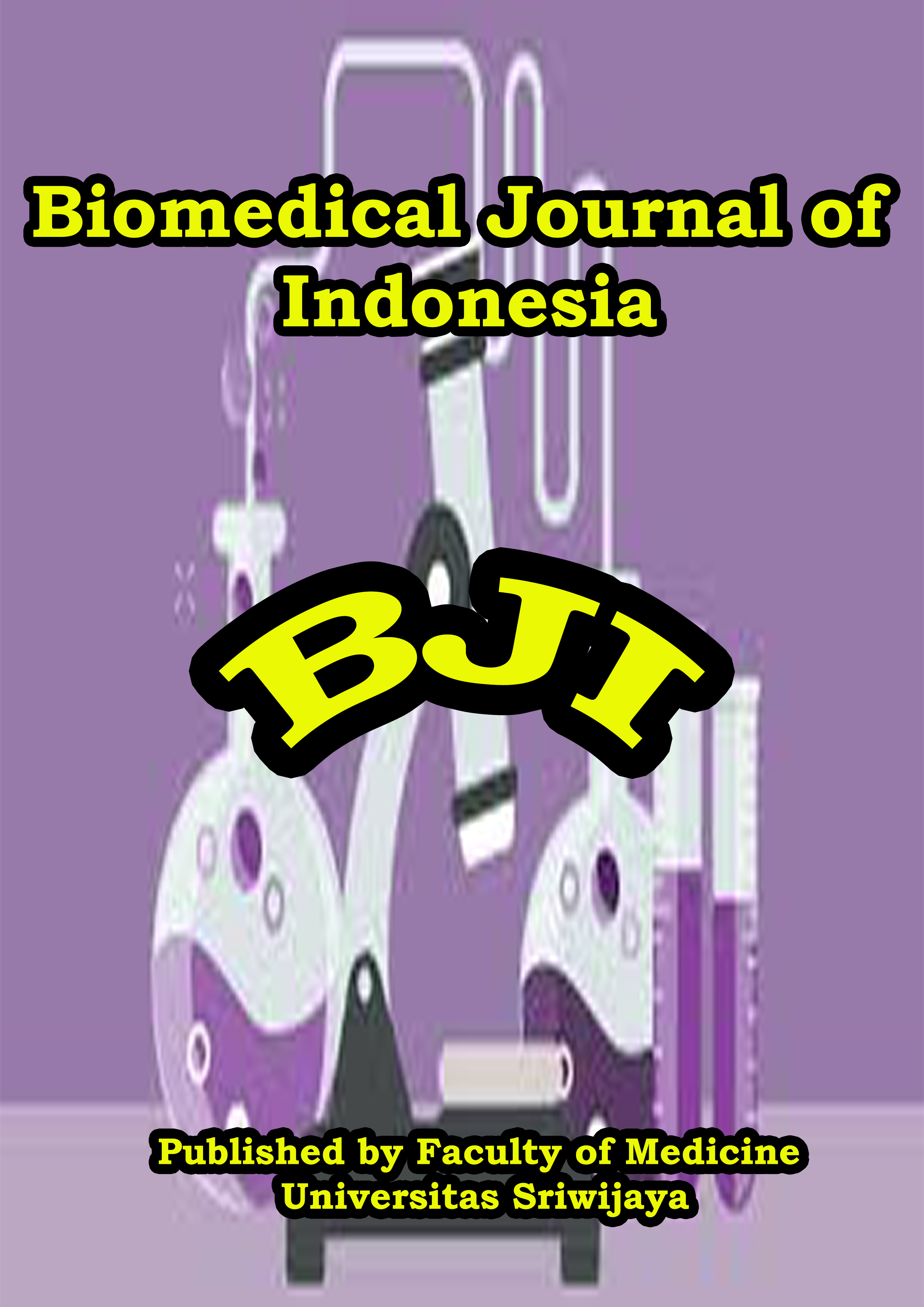Correlation Between Hemoglobin Level And Functional Capacity In Young Adult Population
Main Article Content
Introduction. Functional capacity defines as an individual's ability to do activities of daily living and is assessed by VO2 max as a basic indicator of physical fitness. The more sufficient hemoglobin levels, the more oxygen can be transported, so the body will be more optimal to produce energy. This study aimed to determine the relationship between hemoglobin levels and the functional capacity of the body in young adults.
Methods This was an analytic observational study with a cross-sectional approach. A total 34 healthy young adults who met the inclusion and exclusion criteria were recruited as subjects in this study. Functional capacity was assessed by six minutes walking test, and hemoglobin level was measured using the strip test method. Data analysis was performed using the Spearman correlation test in SPSS version 25 with a significance level of p <0.05.
Results. The average value of hemoglobin levels in respondents was 16.0 mg/dl. The mean functional capacity based on the predicted VO2 max is 20.3 kg/m2 and 530m based on the distance. Spearman's test results showed that there was a significant correlation between hemoglobin levels and predicted VO2 max (p=0.001).
Conclusion. Our study concluded a significant correlation between hemoglobin level and functional capacity assessed by predicted VO2 max. Therefore, hemoglobin level should be considered as a factor in enhancing functional capacity.

